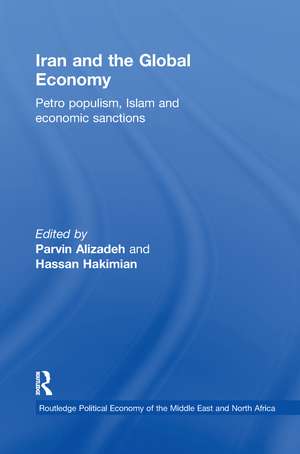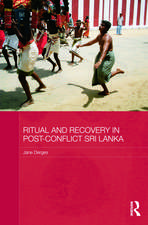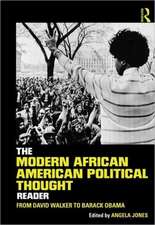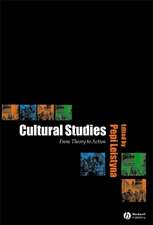Iran and the Global Economy: Petro Populism, Islam and Economic Sanctions: Routledge Political Economy of the Middle East and North Africa
Editat de Parvin Alizadeh, Hassan Hakimianen Limba Engleză Paperback – 28 iun 2016
| Toate formatele și edițiile | Preț | Express |
|---|---|---|
| Paperback (1) | 297.15 lei 43-57 zile | |
| Taylor & Francis – 28 iun 2016 | 297.15 lei 43-57 zile | |
| Hardback (1) | 1168.76 lei 43-57 zile | |
| Taylor & Francis – 18 dec 2013 | 1168.76 lei 43-57 zile |
Preț: 297.15 lei
Preț vechi: 340.37 lei
-13% Nou
Puncte Express: 446
Preț estimativ în valută:
56.86€ • 59.52$ • 47.33£
56.86€ • 59.52$ • 47.33£
Carte tipărită la comandă
Livrare economică 31 martie-14 aprilie
Preluare comenzi: 021 569.72.76
Specificații
ISBN-13: 9781138205574
ISBN-10: 1138205575
Pagini: 240
Ilustrații: 76
Dimensiuni: 156 x 234 x 24 mm
Greutate: 0.34 kg
Ediția:1
Editura: Taylor & Francis
Colecția Routledge
Seria Routledge Political Economy of the Middle East and North Africa
Locul publicării:Oxford, United Kingdom
ISBN-10: 1138205575
Pagini: 240
Ilustrații: 76
Dimensiuni: 156 x 234 x 24 mm
Greutate: 0.34 kg
Ediția:1
Editura: Taylor & Francis
Colecția Routledge
Seria Routledge Political Economy of the Middle East and North Africa
Locul publicării:Oxford, United Kingdom
Public țintă
PostgraduateCuprins
Introduction 1. One Hundred Years of Oil Income and the Iranian Economy: A Curse or A Blessing? 2. Institutional Change, Policy Challenges and Macroeconomic Performance: 1979-2004 3. The Political Economy of Petro Populism and Reform, 1997-2011 4. Iran’s Free Trade Zones: Back Doors to the International Economy? 5. The Role of Government in the Iranian Banking System, 2001-2011 6. The Development of Iran’s Auto Industry in a Comparative Perspective 7. The Iranian Economy in the Shadow of Sanctions 8. Wage Discrimination against Women in Iran
Notă biografică
Parvin Alizadeh is a lecturer of Economics and a coordinator of studies at Boston University’s study abroad program in London. She held the position of a Principal Lecturer in Economics at London Metropolitan University during 1990-2011.
Hassan Hakimian is a Reader in Economics and Director of the London Middle East Institute at the School of Oriental and African Studies, University of London, UK.
Hassan Hakimian is a Reader in Economics and Director of the London Middle East Institute at the School of Oriental and African Studies, University of London, UK.
Descriere
This book presents a comprehensive overview of the Iranian economy, considering the full range of key issues, including the oil sector, banks and financial markets, social policies, attempts at reform, and the impact of UN-imposed sanctions. It argues that the success of other developing countries demonstrates that a more open and market driven economy is needed in Iran; that the present government of Mahmoud Ahmadinejad is well-placed politically to implement reforms and is beginning to do so, despite populist rhetoric; but that the prospects for success are severely limited by sanctions and the hostile international political climate.





























